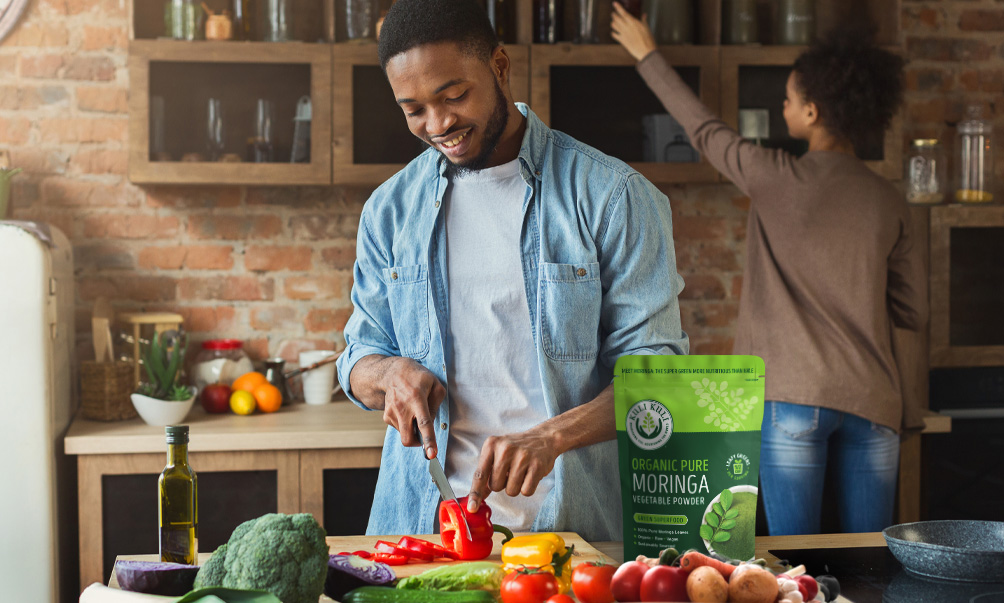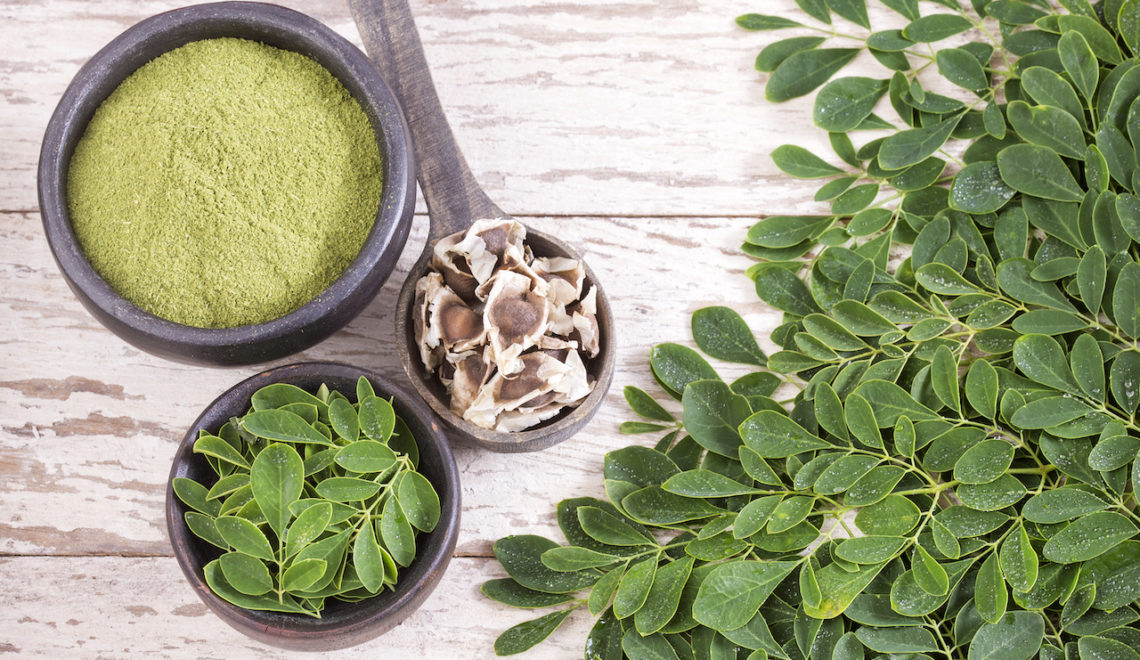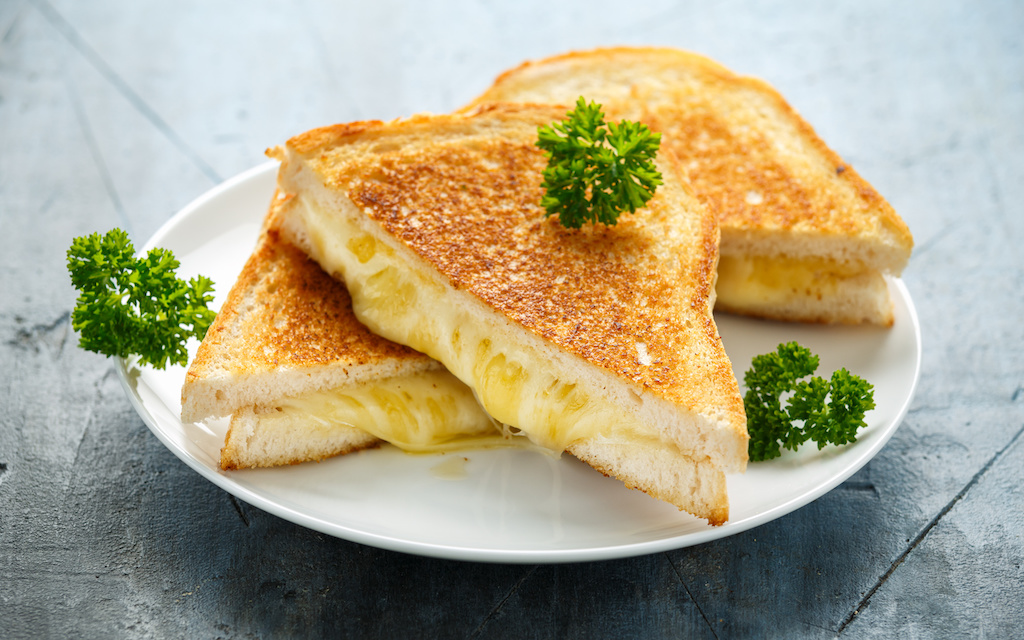
Do you ever think about the affects that cooking has on the nutrient profile of your food? It’s probably not something we want to think about while trying to cook a nutritious and delicious meal. There are many factors that can affect nutrient loss, such as chemical composition, cooking method, and cook time. Here’s a few quick facts to know about the effects of cooking and nutrient loss.
Water Soluble Vitamins:
-Includes B vitamins (thiamin, niacin, riboflavin, B6, folate, B12) and vitamin C
-Water soluble vitamins leech out into water during boiling, steaming, and blanching, resulting in a vitamin loss between 45-75%
-Vitamin C has the highest rate of nutrient loss through cooking, oxygen exposure, and light exposure, with a loss 75%, if cooked in water and drained
Fat Soluble Vitamins
-Includes vitamins A, D, E, K, and carotenoids
-They leech out into fats, like oil and butter
-Vitamin D is very stable and is not likely to be destroyed, but there aren’t many foods containing vitamin D
-Lycopene, a carotenoid/antioxidant found in tomatoes and other red vegetables and fruit, becomes MORE available with cooking. It’s actually one of the more powerful antioxidants of all carotenoids
This table is a short and simple guide on the effects of cooking on some important vitamins.
| Vitamin: | Affected by: | Effect on nutrient: |
| Vitamin C | Heat, light, and oxidation | Decreases |
| Folate | Heat, UV light, oxidation decreases | Decreases |
| B12 | None, fairly stable | |
| Vitamin A | Heat, light, oxidation | Decreases |
| Vitamin D | None, fairly stable | |
| Vitamin E | Heat and light | Decreases |
| Vitamin K | Heat and light | Decreases |
| Carotenoid (Lycopene) | Heat | Increases |
To Cook or Not to Cook
Should we stop cooking vegetables?
Of course not!
So what’s the best way of cooking? Steaming in minimal water or stir frying in a bit of oil will probably lose less nutrients than boiling or deep frying. Now, if you’re making a soup, the vitamins are still in the soup and don’t go to waste, so long as you consume the liquid. The purpose of this article isn’t to discourage you from cooking, as cooking is a great way to bring out the flavors, smells, and textures in food that makes eating an enjoying and satisfying experience!
While you might be worried about nutrition lost during cooking, keep in mind that many raw foods are still high in vitamins, like citrus fruit (vitamin C), dark leafy green vegetables (vitamin A, K, folate), and raw nuts (vitamin E).
One shouldn’t stick to a singular diet or method of cooking; to get all the nutrients a person needs in a day you need to eat a variety of different foods. If you want to know the nutrient profile of pretty much any food or cooking method, check out the USDA National Nutrient Database for Standard Reference, and for a more comprehensive table of cooking and its effects on vitamin and mineral loss, check out this link.
Sources:
http://nutritiondata.self.com/topics/processing
Gropper, Sareen Annora Stepnick, and Jack L. Smith. Advanced Nutrition and Human Metabolism. 6th ed. Wadsworth/Cengage Learning, 2012. Print.










